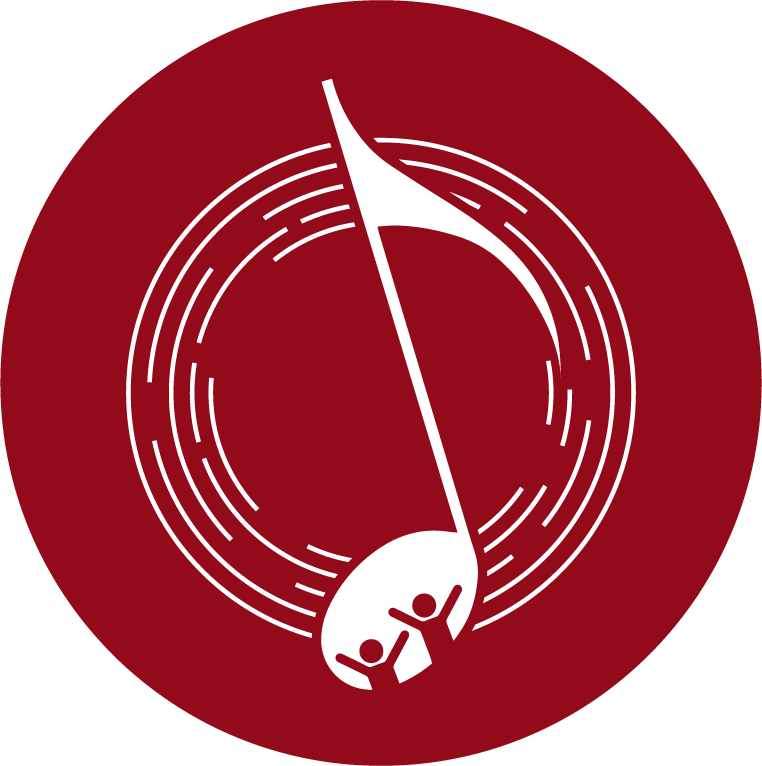Tips To Recover From Stagnant Music Practice
- Together Classical

- Nov 28, 2022
- 3 min read
We’ve all been there.
Relentless hours of playing the same passage repeatedly, only to see marginal improvement at best. Or for some, whose non-music lives are so hectic that sieving time for practice becomes an unsettling burden. The past 2.5 years has been the most distressing time I had with my piano – certainly not a descriptor I would ever associate with my lifelong music partner, but preparing four Grade 8 “exam pieces” amid military and school commitments was a near impossibility. Every week returned a mere 1-2 hours of practice and there were times when I was away for more than a month. Eventually, playing the piano felt like pointless key depressions – no emotion, zero engagement (sorry friend), a complete standstill.
Fret not! Here are some practical tips that saw me through my practice struggles and you might just find something useful to reignite your passion for playing.

Take a break, a good break
Forget about your pieces, at least for now. Spending too much time per session practising on your instrument is both mentally exhausting and physically detrimental as errors tend to slip in with tiredness. Similarly, practising a particular piece over a long period with little progress will likely dull your feel for the music. ‘Over practice’ is a real issue that needs to be addressed immediately – always strive for a healthy balance between practising and other activities. As cliché as it sounds, “getting some fresh air” (literally and figuratively) is the best way to counter stagnation. Dedicate some time to the old hobby you had, go for a family outing, or catch up with your friends. In the most stressful times, turning to nature photography and hiking helped me feel refreshed to approach my pieces after. Fun fact: Mozart loved playing billiards and Dvorak was a fanatic of railways and birdwatching – even composers had plenty of recreational time too.
Rekindle your passion
What was it that first hooked you to classical music? Perhaps that spectacular live concerto you saw as a kid, or the pure bliss of bowing a violin for the first time? Never lose sight of the initial motivation that made you pick up an instrument. The most crucial sustenance of any musician is the first love and interest we had that propelled us into this fascinating world. For me, I was infatuated with Mozart’s “Ah, vous dirai-je, Maman” variations, and revisiting the piece helped me recapture my passion for piano.
Release your frustration
A musician's life is far from isolating yourself in a gloomy practice room; connect with your fellow music lovers! Being the only musician in my family, my piano teacher was the best person I could turn to and the advice he gave remains invaluable till this day. Reaching out to your friends or the online music community can be immensely helpful too. Bonding with my fellow choristers during choir competition preparation was one of the highlights of my music journey. No matter whom you approach, they would have likely experienced a similar circumstance and can advise you accordingly. Even if you receive little advice from others, the simple act of relating your practice obstacles can be mentally liberating.
Back to playing
Music is seldom a matter of how much time, but what happens during that time. Before getting back to practice, plan your routine – list down the sections/scales/techniques you wish to focus on and allocate a fixed time for them. Additionally, perform your piece regularly to your family, friends, your pet, or anything within an arm’s length. I realised that performing reveals the nuances and mistakes that are hidden during practice, and encouraged me to introduce character and fluidity into my playing. At the age of 57, former Guardian editor-in-chief Alan Rusbridger managed to perform Chopin’s first Ballade, Op. 23, amid his busy work schedule precisely due to his efficient practice routine. Beyond an inspiration, his story is a reminder that music is a lifelong journey – regulating our health and emotion is essential to music playing.


"I really resonated with your point about 'pointless key depressions' and how 'over practice' can become a real issue, especially when preparing for exams or facing external commitments. It's a common trap to think more hours automatically equals more progress, when often it leads to diminishing returns and a loss of musicality. Mindful, focused sessions are far more impactful than sheer volume. Even when we manage to carve out time and take those much-needed breaks, ensuring the quality and structure of our practice sessions themselves is paramount to truly overcoming stagnation. For anyone looking to make those practice moments count, especially in building consistency and tackling tricky passages, exploring resources on understanding metronome use for effective practice can be incredibly…